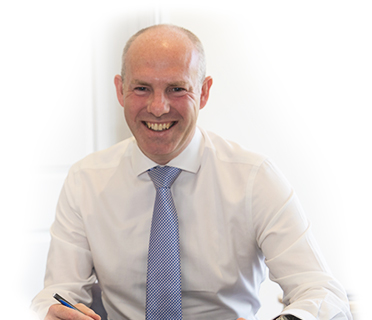In November scientists in South Africa detected the emergence of a new transmissable Covid-19 variant.
The Government implemented the Plan B measures prepared precisely in case the situation deteriorated, encouraging people to change their behaviour to slow the spread of the virus and buying crucial time to get boosters into arms.
NHS and its volunteers delivered the fastest booster programme in Europe, reaching half the population before any other European country, with more than 36 million boosters now in arms across the UK, including more than 90 per cent of all over 60s in England.
While we must continue to remain cautious, the data is showing that the government got the toughest decisions right.
Today’s latest ONS data show clearly that infection levels are falling in England. And while there are some places where cases are likely to continue rising, including in primary schools – scientists believe it is likely that the Omicron wave has now peaked nationally.
There remain, of course, significant pressures on the NHS across our country, and especially in the North East and North West. However, hospital admissions which were doubling every 9 days just two weeks ago – have now stabilised, with admissions in London even falling. The numbers in intensive care not only remain low but are actually also falling.
So the Government has announced that because of the extraordinary booster campaign, together with the way the public have responded to the Plan B measures – we can return to Plan A in England and allow Plan B regulations to expire.
From Today the government will no longer ask people to work from home and people should now speak to their employers about arrangements for returning to the office.
From the start of Thursday (27th January next week:
- Mandatory certification will end. Organisations can, of course, choose to use the NHS Covid Pass voluntarily but there will be no compulsory use of Covid status certification in England.
- The government will also no longer mandate the wearing of face masks anywhere.
- From today, face masks will no longer be required in classrooms, and the Department for Education will shortly remove national guidance on their use in communal areas.
However, it is recommended the use of face coverings in enclosed or crowded places, particularly where you come into contact with people you don’t normally meet.
The government will also shortly announce further easing of restrictions on visits to care homes
The Prime Minister has also said that he does not expect self-isolation regulations to be renewed when they expire in March. Instead, legal requirements will be replaced by guidance urging people with the virus to be careful and considerate of others.
The Government is due to set out its long-term strategy for living with Covid-19, explaining how it hopes and intends to protect our liberty and avoid restrictions in future by relying instead on medical advances – especially the vaccines which have already saved so many lives.
The last two years have been very difficult, but it is important to bear in mind what has been achieved:
- The UK was the first nation in the world to administer a vaccine. We were the fastest in Europe to roll it out. Because outside of the European Medicines Agency, this government made the big call to pursue our own British procurement strategy rather than opting back into the EU scheme as some people urged.
- The Goverment created a world-beating testing programme, the largest in Europe, and procured the most antivirals of any country in Europe too, because this government made the big call to invest early in lateral flow tests and in cutting-edge drugs to protect the most vulnerable.
- The Government delivered the fastest booster campaign in Europe, and we’re the first to emerge from the Omicron wave, because the government made the big call to focus on the NHS, and to refocus our activity and lead that campaign to Get Boosted Now.
- The UK retained the most open economy and society anywhere across the European continent, and the fastest growing economy in the G7 – because we made that tough decision to open up last Summer when others said that we shouldn’t and to keep things open this winter when others wanted them shut.

